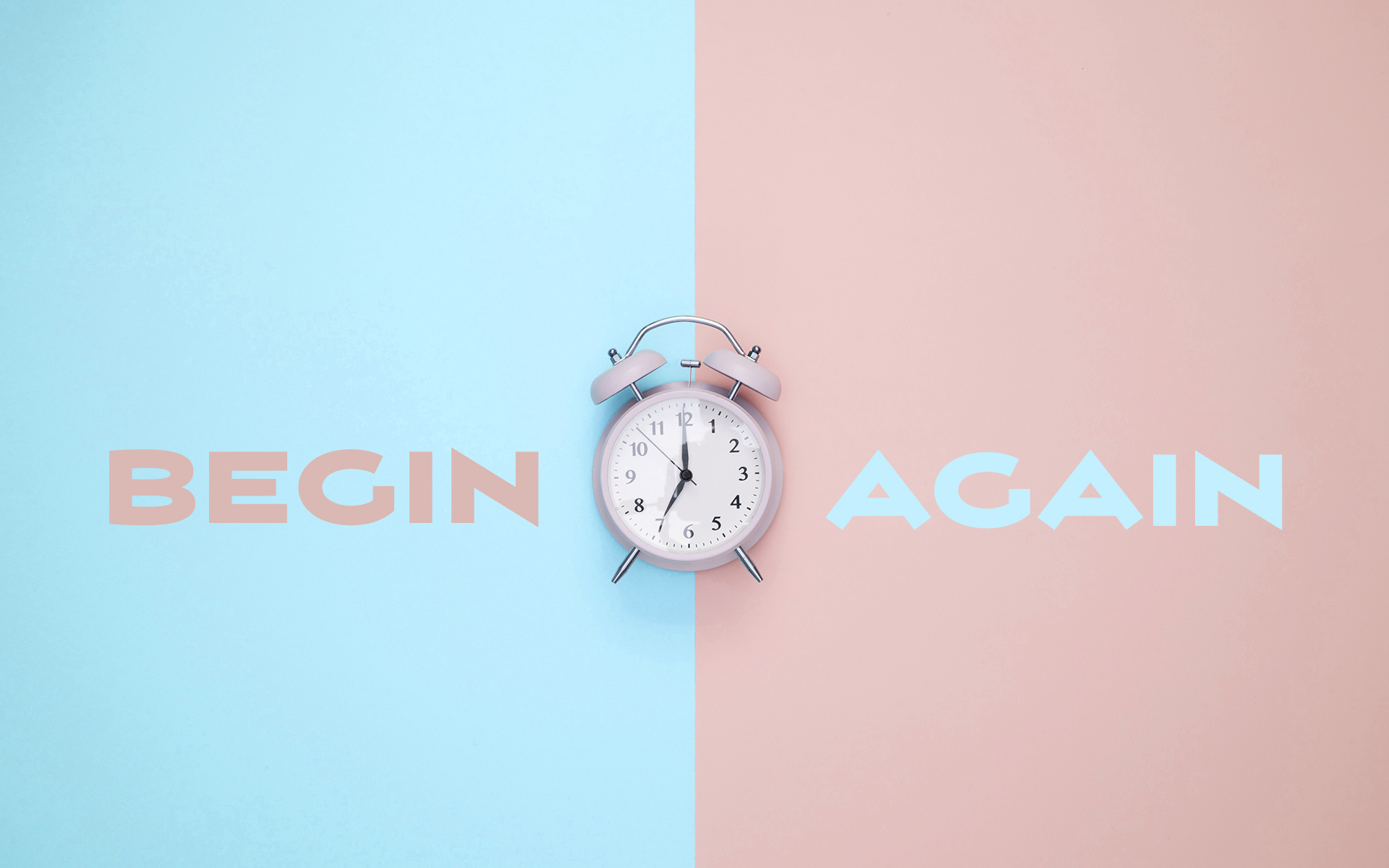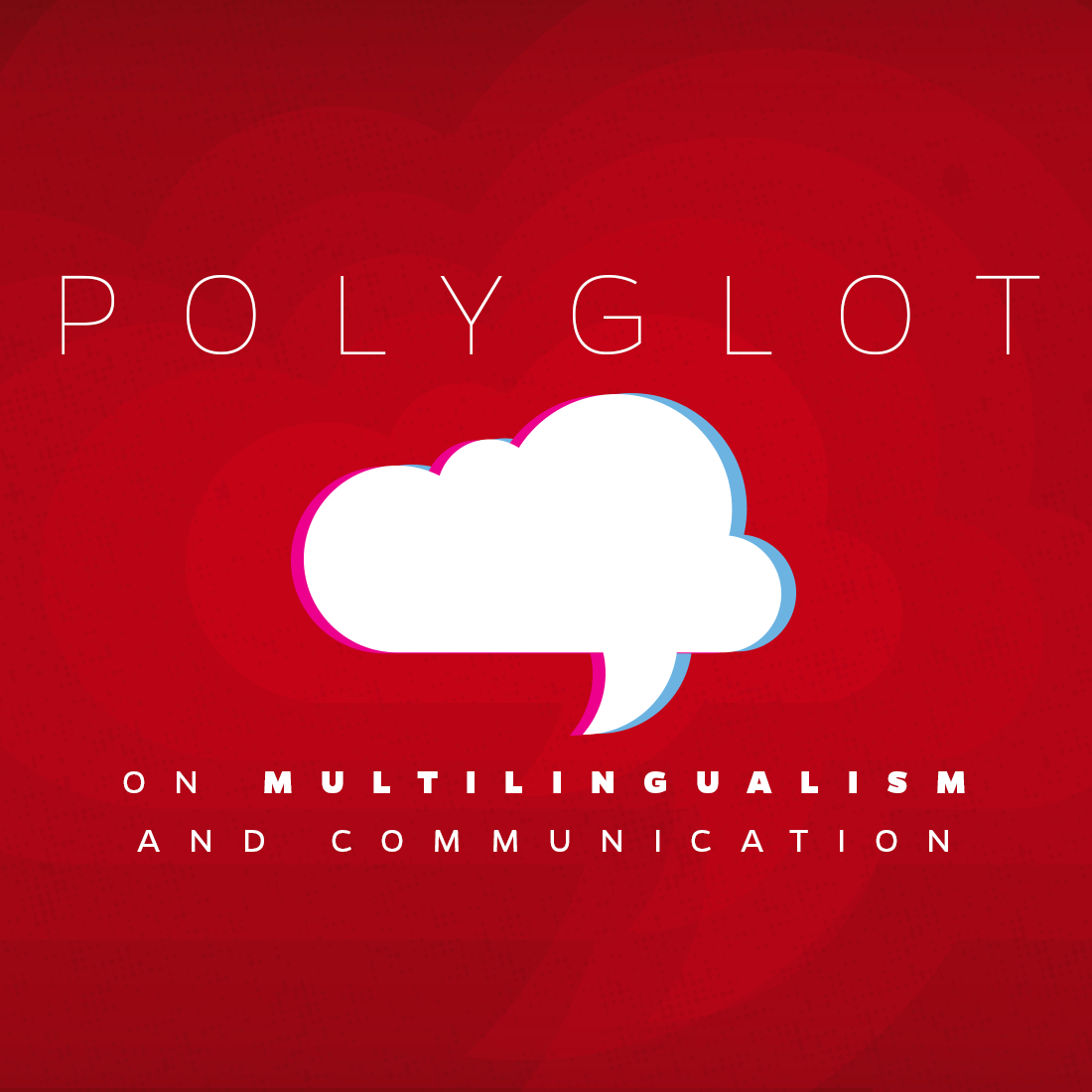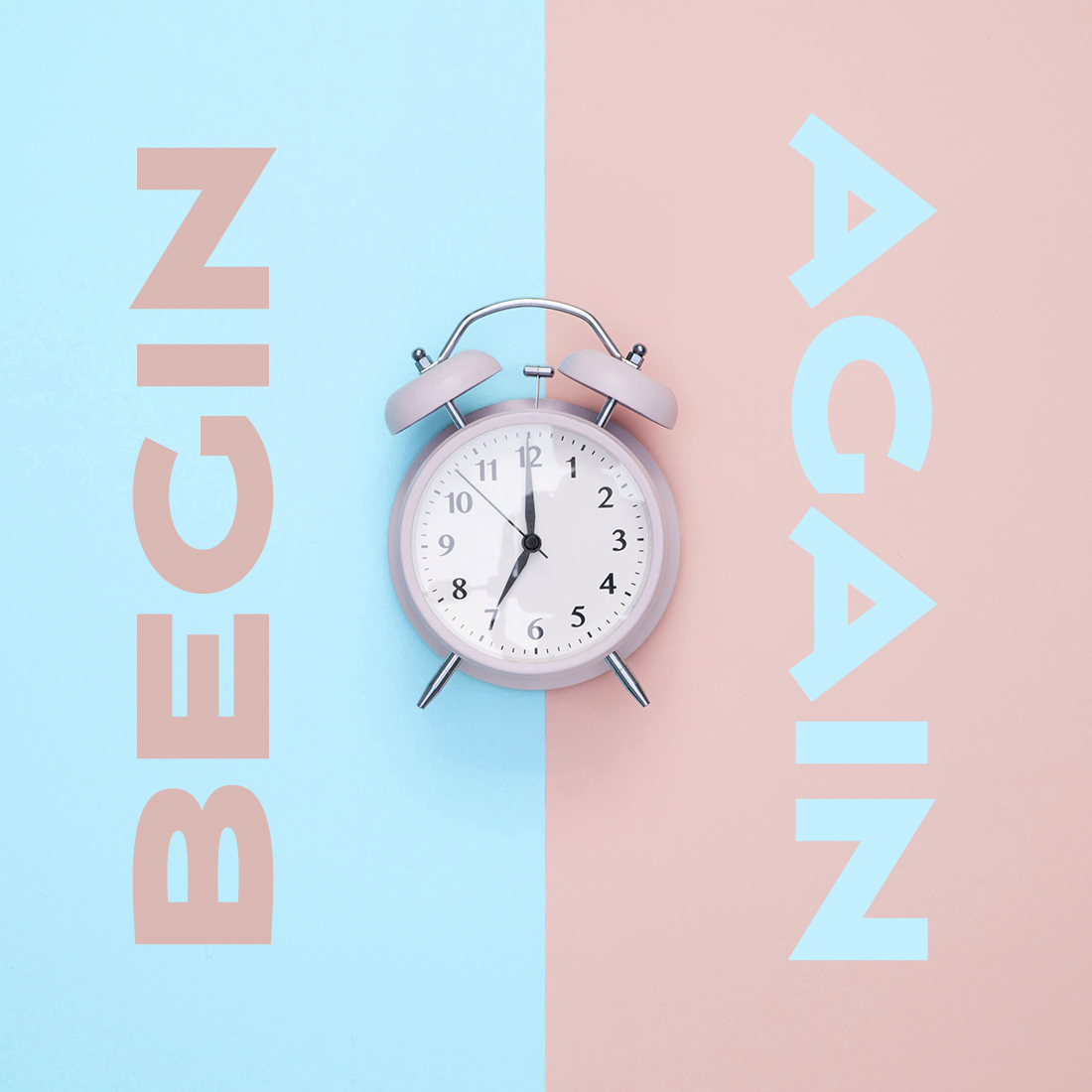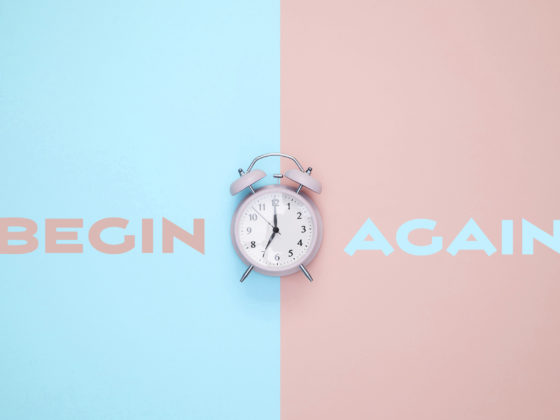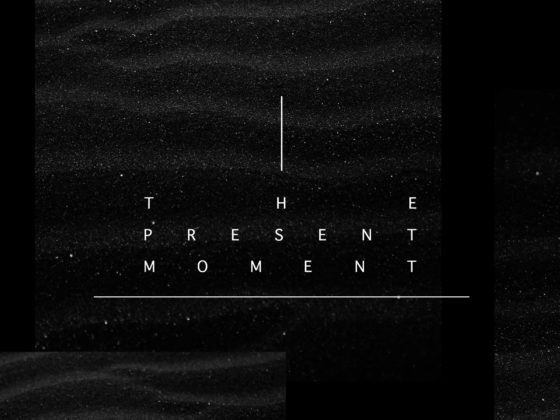ALEXANDRA REALE
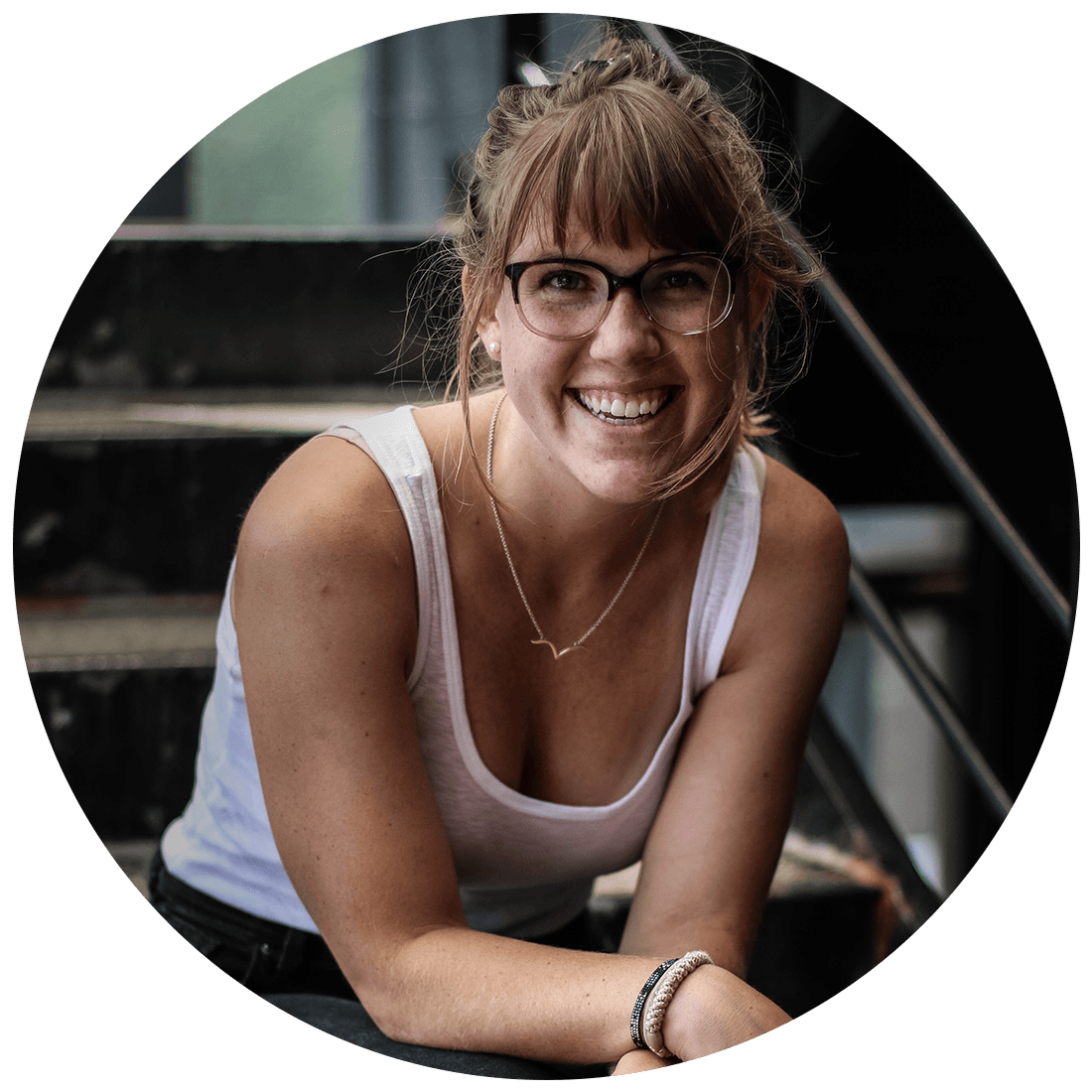
In this issue, we talk to Charlee Dyroff, a writer from Boulder, Colorado who’s currently pursuing an MFA in nonfiction at Columbia University, where she is also teaching courses in undergraduate writing. Dyroff’s work has appeared in a number of publications, including Lapham’s Quarterly, Pacific Standard, Columbia Journal, Slate, and elsewhere. We discuss the strange sensation of returning to one’s alma mater as a graduate student as we consider the theme of resets and restarts.
Hi Charlee, thanks for making the time to do this interview!
You’re currently an MFA student at Columbia, which is where you also completed your undergraduate degree.
Give us a day in the life of Charlee Dyroff.
Charlee Dyroff
Yes! So I’m an MFA student and I also teach University Writing, the required writing class that first-year students have to take. Being both a student and a teacher means that I have to switch roles throughout the day. For example, on Mondays, I take a class in the morning by an amazing author, Rivka Galchen, called Comedy and Calamity. Then, two hours later I’m on the other side of the table and I teach a class to freshman students about the academic essay.
Rivka Galchen & Fiona Maazel | Talks at Google | Source: © Talks at Google/YouTube
So not only is it a different role but a different style of writing as well. After teaching, my role changes one more time when I work an evening shift as a writing consultant in Columbia’s Writing Center where I help students one-on-one with whatever writing they need — I’ve had sessions on everything from Law School applications to translation pieces. Needless to say, a day in the life is fun and chaotic. As cheesy as it sounds, each day brings its own challenges and excitement. No day feels the same!
What about being back where you once started feels like a “reset” to you? Does a familiar place come with familiar rituals?
Charlee Dyroff
I’ve been extremely lucky with my education and it’s something I’m thankful for every day. When I was first accepted to the MFA program at Columbia, I was so excited because the school already held a special place in my life. However, it’s a bit strange to be on campus again when all of my friends from before are gone and I’m in a new role. As an undergrad, I was on the volleyball team and that was a huge part of my identity. I’m obviously not on the team any longer and while I still participate in alumnae things, I’ve given myself the space to reset and rebuild an identity on campus as a writer. It’s actually a bit funny because our gym on campus is called Dodge and the writing building is called Dodge Hall. So I made the transition from one Dodge to the other!
I think what helped me most was that I’d taken three years off to work and I established a life for myself in New York outside of Columbia’s bubble. When I returned for grad school it became a different kind of home for me: one that I studied and worked at, but didn’t live in. I actually have a thirty/forty-minute commute to campus and this separation between life outside of Columbia and life as a teacher and writer there has been really helpful.

A familiar place does come with familiar rituals, but it doesn’t mean you can’t create new ones. In fact, as part of my “resetting”, I made an effort to create new routines for myself. I study in different libraries than I did before and I have an entirely new group of amazing writer and teacher friends.
What is it like to be on the other side of the lectern in classrooms where you once sat and took notes? Did anything about this new perspective surprise you?
Charlee Dyroff
I absolutely love teaching. I love working with students and being surprised by them daily. It’s a happy place for me. They constantly make me think about the world differently. Oh, and they make me laugh until I almost cry!
A few things that I’ve learned being on the “other side” that I never would have suspected include:
1) Teachers can literally see everything. I had a student making TikTok dance moves across the table to her friend as I was explaining an assignment and it was so obvious. It’s funny that when you’re a student you think you can get away with so much but teachers really are more aware than you think.
2) When grading, I actually find all of the holes in my own teaching. The essays directly reflect not just what the students need to improve on but what I’m not teaching well.
Aside from your teaching, you are also a published author!
What is it like to see your name in print? And what was the process like for you?
Charlee Dyroff
The publishing process was and is still so mysterious to me. I really don’t think I’d be able to navigate it without the help of my friends who know much more than I do and are so generous with their time and knowledge. It’s so important as a writer to have a support network in your life not just to help revise work and run ideas by, but to celebrate the rejections — because at least that means you’re putting yourself out there! — and the wins.
How do you “reset” when you are having a tough writing day? What inspires you to keep trying? And how do you help your students if they are struggling?
Charlee Dyroff
Oh, this is a lovely question. I like to “reset” by some kind of movement or by social interaction. That sounds weirder than I mean it to, but if for some reason I’m stuck then I like to take a break by going to the gym, going for a walk, or hanging out with friends.
I’m inspired by my family because all of my siblings and my parents and step-parents work so hard in each of their own separate jobs, passions, projects. And by reading and re-reading authors that I love. I’m inspired by my students who help me see the world differently and by my own professors who introduce us to new prompts, ideas, tactics, and writers.
I went to a panel once where the author Adrian Nicole LeBlanc spoke about her writing. When asked about self-doubt she said it’s a natural part of being a writer (and, at least I think, a natural part of being human), and that she keeps a binder of things that inspire her — whether it’s paragraphs from others or good reviews/nice comments on her own work — and I’ve started to do the same. I have a folder on my computer with encouraging texts from friends who have read my writing or from my brother who is, perhaps, the one who believes in me most of all.
Katherine Boo & Adrian Nicole LeBlanc | LIVE from the NYPL | Source: © The New York Public Library/YouTube
Because I teach a required writing course, I often get students who don’t want to write or think they aren’t good at it. I try and remind them that writing is a process whether you’re a novice or an award-winning author. This can be encouraging because it means you don’t have to get your essay “right” the first time so it takes the pressure off. There’s also a line from a New York Times op-ed that I love and think about a lot. It goes: “A couple of years ago, I was a guest on a comedy and science panel discussion — a combination that works well because when you laugh your mouth opens, allowing information to float freely in to your head.”
I try and teach in a way that breaks things down and makes them fun. If I can get students to loosen up and laugh a little, hopefully, I can get them to see writing as, although frustrating sometimes, a fun and thought-provoking activity overall.
What are you working on right now and where can we read it?
Charlee Dyroff
I’m working on my thesis that’s due next week, eek! But I also just wrote a piece about a disease called Newyorkitis that you can read on Lapham’s Quarterly.
Thank you so much for your time!

